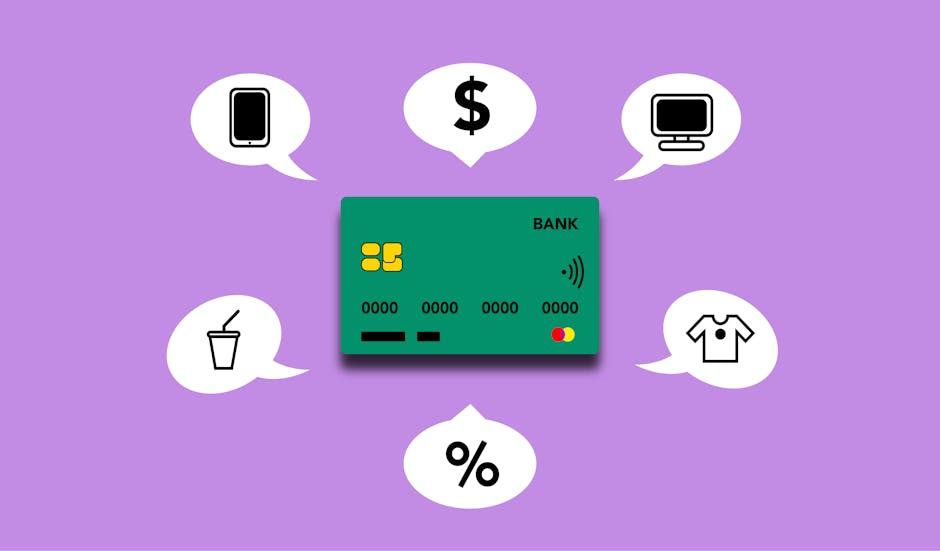Near Field Communication (NFC) is a revolutionary technology that has increasingly become a part of our daily digital interactions. It allows devices to communicate with each other when they're close together, typically within a few centimeters. This communication is facilitated by electromagnetic fields and can occur between a wide range of devices, from smartphones to payment terminals and even smart posters.
One of the primary advantages of NFC is its simplicity and speed. Unlike other forms of wireless communication, such as Bluetooth or Wi-Fi, NFC requires no pairing or manual configuration. A simple tap or wave of a device initiates the connection, making it remarkably user-friendly. This ease of use is why NFC has been widely adopted in mobile payment systems like Apple Pay and Google Wallet, allowing for quick and secure transactions.
Furthermore, NFC technology is versatile. Beyond payments, it enables data exchange, access control, and even pairing Bluetooth devices. Businesses can leverage NFC for marketing purposes, such as providing customers with product information, coupons, or reviews through a simple tap on NFC-enabled posters or devices. However, like any technology, it comes with its set of challenges, including security concerns and limited range, which will be explored in the following sections.
Embrace the future of seamless interactions with Get your Ninja Pop now and transform your business with cutting-edge NFC solutions!
Advantages of NFC Integration

Integrating NFC technology into your business operations can bring a multitude of benefits, enhancing both customer experiences and operational efficiency. One of the most significant advantages is the enhanced customer convenience. By allowing quick transactions and effortless data exchange, NFC minimizes waiting times and streamlines processes, making interactions more enjoyable and less time-consuming for customers.
Moreover, NFC technology supports contactless payments, which have become increasingly popular in recent years. This method not only speeds up the checkout process but also reduces physical contact, which is critical in maintaining health and safety standards. Businesses that adopt NFC for payments often experience increased customer satisfaction and loyalty due to the convenience it offers.
NFC also opens up opportunities for innovative marketing strategies. By embedding NFC chips in advertisements or products, businesses can provide consumers with instant access to information, special offers, or interactive content. This capability allows brands to engage customers in more meaningful and personalized ways, leading to stronger brand connections and increased sales.
Another advantage is the potential for enhanced data collection. NFC can facilitate automatic data gathering at various touchpoints, providing businesses with valuable insights into customer behaviors and preferences. This data can be leveraged to optimize marketing strategies and personalize customer interactions, ultimately driving growth and enhancing competitive advantage.
Potential Drawbacks of NFC
While NFC technology offers numerous benefits, it's important to consider its potential drawbacks as well. One of the primary concerns revolves around security. Although NFC uses short-range communication which minimizes eavesdropping risks, it is not entirely immune to security threats such as data interception and relay attacks. Businesses must ensure robust security measures are in place to protect sensitive information and maintain consumer trust.
Another limitation is the limited range of NFC technology. With an effective distance of just a few centimeters, NFC requires devices to be in close proximity for successful communication. This constraint can hinder its usability in certain scenarios, where longer-range communication might be more practical. Businesses need to carefully evaluate whether NFC's range suits their specific operational needs.
Additionally, there is the issue of compatibility. Not all devices are equipped with NFC capabilities, which can limit the technology's reach and effectiveness. This can be particularly challenging in markets where NFC adoption is not yet widespread, potentially alienating customers who do not have access to compatible devices.
Furthermore, the cost of implementation can be a barrier for some businesses, especially small enterprises with limited budgets. The initial investment in NFC-enabled devices and infrastructure might be substantial, and businesses must weigh these costs against the anticipated benefits to determine if the investment is justified.
In summary, while NFC is a powerful tool, businesses must address these potential drawbacks to fully harness its potential and ensure seamless integration into their operations.
Impact on Businesses and Consumers

The integration of NFC technology has revolutionized the way businesses and consumers interact, offering both significant advantages and challenges. For businesses, NFC presents an opportunity to enhance customer engagement and streamline operations. By enabling quick and seamless transactions, NFC improves the customer experience, fostering loyalty and encouraging repeat business. This technology also allows businesses to implement innovative marketing strategies, such as location-based promotions and personalized offers, which can significantly boost sales and customer satisfaction.
On the consumer side, NFC simplifies everyday tasks by providing a convenient and effortless way to make payments, access information, and share data. With just a tap, consumers can enjoy a faster checkout process, reducing the need for physical cash or cards. This ease of use is particularly appealing in today's fast-paced world, where time efficiency is highly valued.
However, the widespread adoption of NFC also poses certain challenges for both parties. For businesses, the initial investment in NFC technology can be substantial, requiring careful cost-benefit analysis to ensure a return on investment. Additionally, businesses must remain vigilant about security risks and take proactive measures to safeguard customer data.
Consumers, on the other hand, may have concerns about the security and privacy of their transactions. Despite the convenience, some users remain wary of potential vulnerabilities, such as unauthorized access to their financial information. It is crucial for businesses to address these concerns by providing transparent communication and robust security protocols.
Overall, the impact of NFC on businesses and consumers is profound, offering a pathway to enhanced efficiency and convenience while also requiring mindfulness of the accompanying challenges.
Future of NFC in Digital Marketing

The future of Near Field Communication (NFC) in digital marketing is poised for remarkable growth, as businesses increasingly recognize its potential to create personalized and engaging customer experiences. With its ability to facilitate real-time interactions, NFC technology is set to transform traditional marketing strategies into dynamic, data-driven campaigns.
One of the most promising aspects of NFC in digital marketing is its capacity to deliver hyper-targeted content to consumers. By leveraging NFC-enabled devices, marketers can provide tailored promotions and information based on a customer's location and preferences, enhancing the overall relevance and impact of their messaging. This personalized approach not only captures consumer attention but also drives higher conversion rates, as customers are more likely to engage with content that resonates with their individual needs.
Furthermore, NFC technology enables marketers to gain valuable insights into consumer behavior through the collection of real-time data. This data can be used to refine marketing strategies, optimize product offerings, and improve customer service. By understanding consumer preferences and behaviors, businesses can create more effective campaigns that align with their target audience's expectations.
As NFC technology continues to evolve, it is expected to integrate seamlessly with other emerging technologies such as the Internet of Things (IoT) and artificial intelligence (AI). This convergence will allow for even more sophisticated and automated marketing solutions, further enhancing the ability to engage consumers in meaningful ways.
With its potential to revolutionize how brands connect with consumers, the future of NFC in digital marketing is bright. As businesses embrace this technology, they will unlock new opportunities for growth and innovation, setting the stage for a more interactive and personalized marketing landscape.
Balancing Benefits and Challenges

As businesses navigate the complex landscape of NFC technology, it's crucial to balance its numerous benefits with the challenges it presents. NFC offers unparalleled convenience and efficiency in digital interactions, yet it also requires careful consideration to ensure its successful implementation.
**Benefits** of NFC technology are extensive and multifaceted. It simplifies transactions, enhances customer engagement, and enables businesses to collect real-time feedback, all with a simple tap. This ease of use not only improves customer satisfaction but also fosters loyalty, as consumers appreciate the seamless experience NFC provides. Furthermore, NFC can significantly boost a brand's visibility and credibility by facilitating the collection of authentic, high-impact reviews.
However, the **challenges** associated with NFC cannot be overlooked. Security concerns are a primary consideration, as the technology involves the transfer of sensitive data. Businesses must ensure robust security measures are in place to protect customer information. Additionally, the initial investment in NFC technology can be substantial, requiring businesses to weigh the long-term benefits against the upfront costs.
To successfully integrate NFC, businesses should adopt a strategic approach that maximizes its advantages while mitigating potential risks. This includes investing in secure infrastructure, staying informed about technological advancements, and continuously educating consumers about the benefits and security of NFC transactions.
In the fast-paced world of digital marketing, balancing these benefits and challenges is key to unlocking the full potential of NFC technology. Embrace this innovative approach to reputation management and transform your customer interactions into a powerful engine for growth and success. Get your Ninja Pop now!

